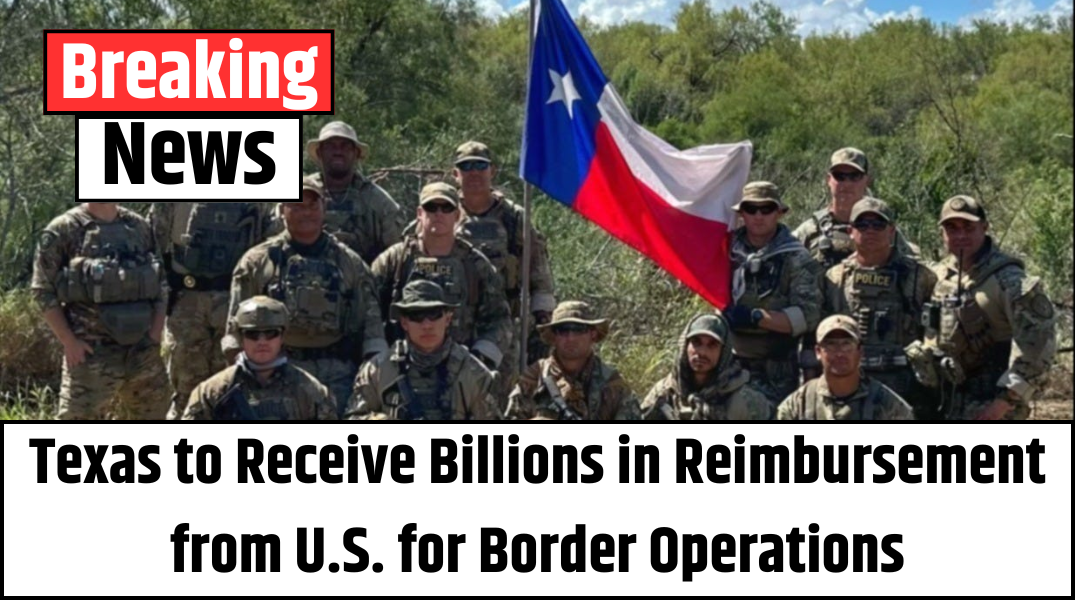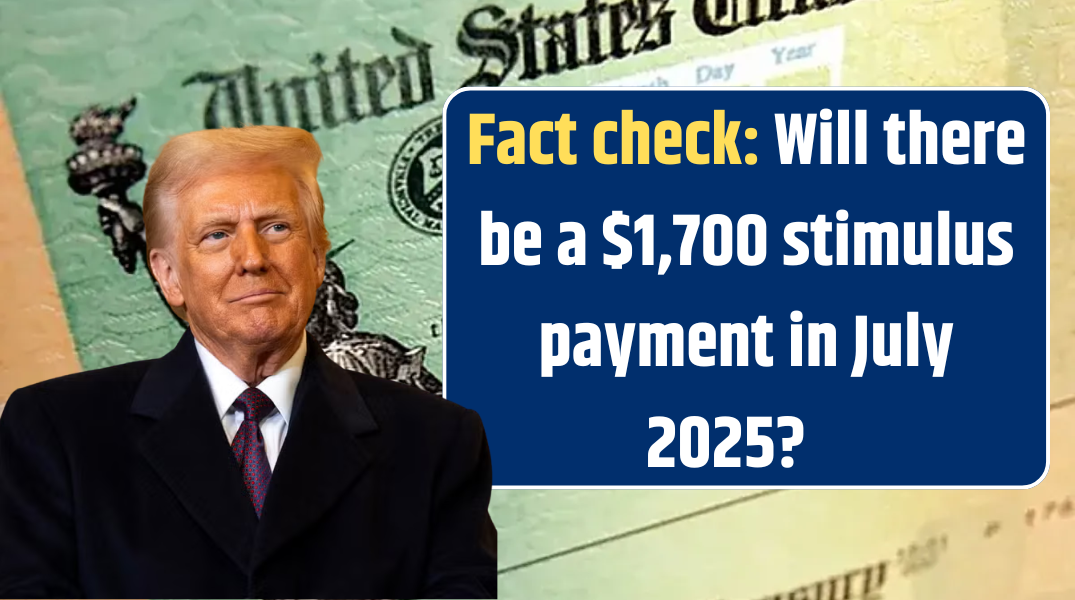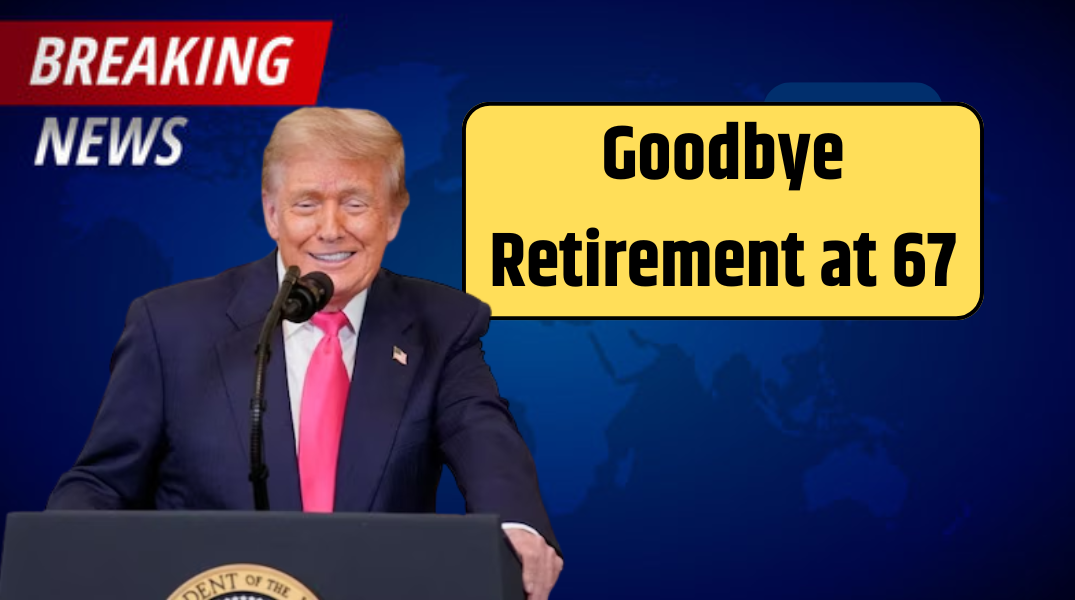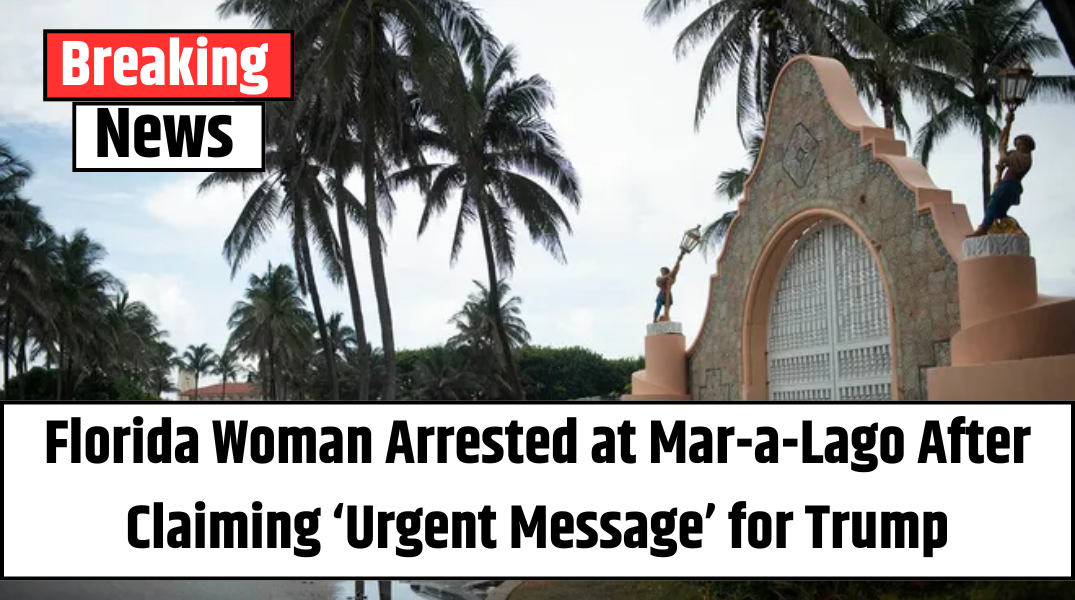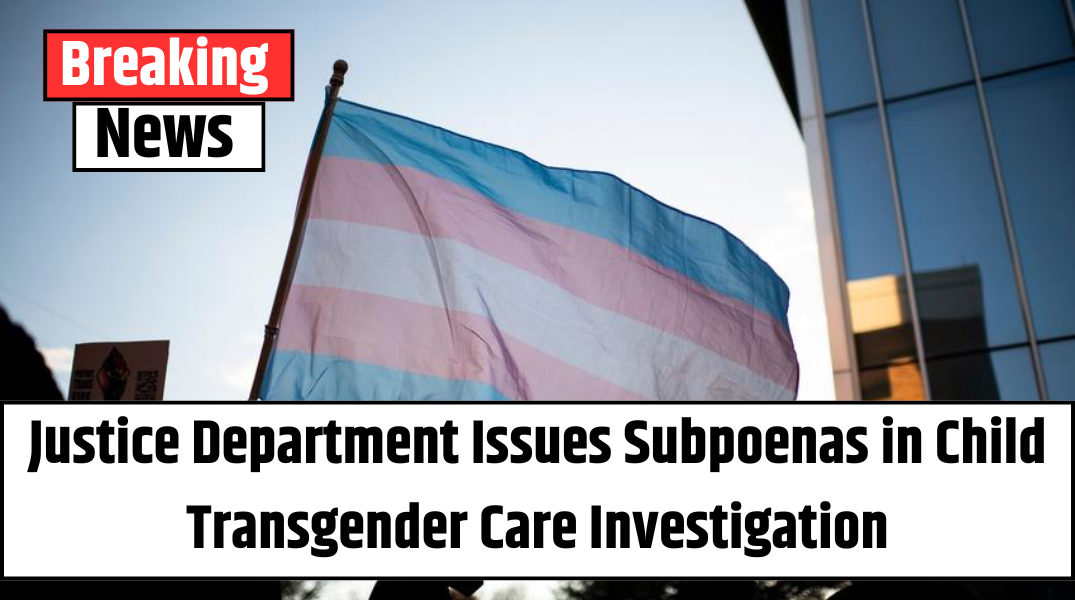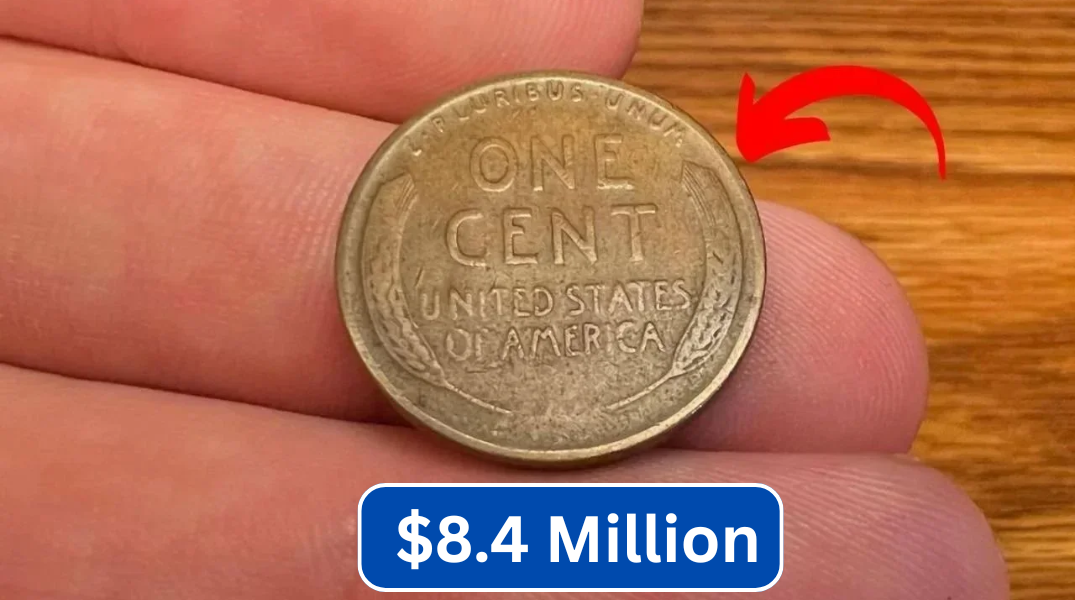AUSTIN, TX — The state of Texas is set to receive more than $11 billion in federal funds to cover the cost of border security operations carried out largely under the Biden Administration and continuing under the current one. Governor Greg Abbott hailed the reimbursement as a major victory for the state, calling it a “big win for Texas” in response to the recently signed “One Big Beautiful Bill Act” — legislation backed by President Donald Trump.
The funds will reimburse the state for expenses tied to Operation Lone Star, a border security initiative Abbott launched in March 2021. Since then, Texas has allocated over $11.1 billion to the program in an effort to address the surge of illegal border crossings and to support overwhelmed local communities.
Migrant Busing Program Also Reimbursed
A significant portion of the reimbursement will cover the costs Texas incurred transporting over 100,000 migrants from the southern border to cities across the country. These so-called “sanctuary cities” are governed by Democratic leaders and include:
-
New York City – Over 39,600 migrants
-
Chicago – Over 32,500 migrants
-
Denver – Over 16,900 migrants
-
Washington, D.C. – Over 12,500 migrants
-
Philadelphia – Over 3,400 migrants
-
Los Angeles – Over 1,500 migrants
These relocation efforts were part of Texas’ strategy to share the impact of the ongoing migrant influx with other parts of the country.
Also Read – Woman Found Dead in Lake Delton Home as Police Launch Investigation
A Border Under Pressure
At the height of the crisis, cities and shelters in southern Texas were overwhelmed as thousands of migrants crossed the Rio Grande daily. In some cases, tensions escalated to dangerous levels — including one reported incident where a large group of migrants overran Texas National Guard personnel stationed along the border as part of Operation Lone Star.
Governor Abbott previously detailed the strain on the state’s resources and taxpayers in a letter to Congress dated January 23, 2025, where he emphasized the need for federal support and recognition of Texas’ frontline role in immigration enforcement.
Border Conditions Shift Under New Administration
Since President Trump returned to office on January 20, 2025, the situation along the U.S.-Mexico border has changed significantly. According to U.S. Customs and Border Protection, the country saw record-low illegal border crossings in June 2025, signaling what officials have described as a turning point in immigration control.
The federal reimbursement is expected to ease Texas’ budget burden while allowing the state to continue its border operations without overtaxing local resources. While future immigration policy remains a topic of national debate, this funding marks a rare moment of alignment between state and federal governments in addressing the ongoing border crisis.
